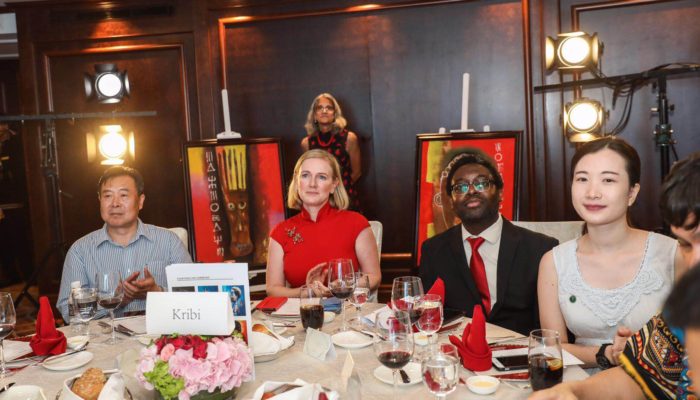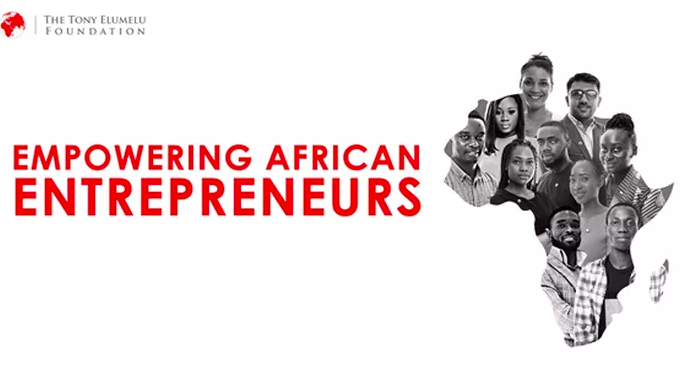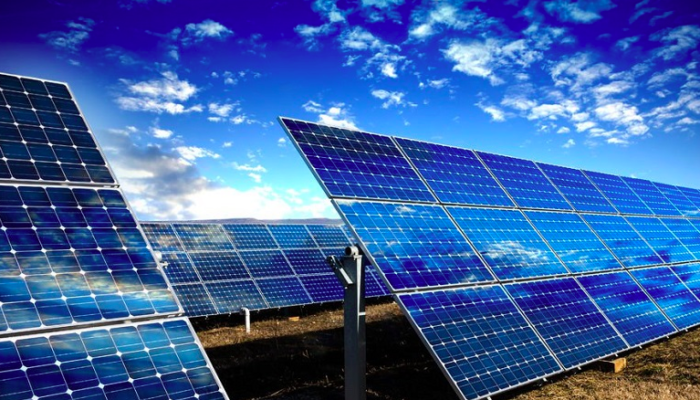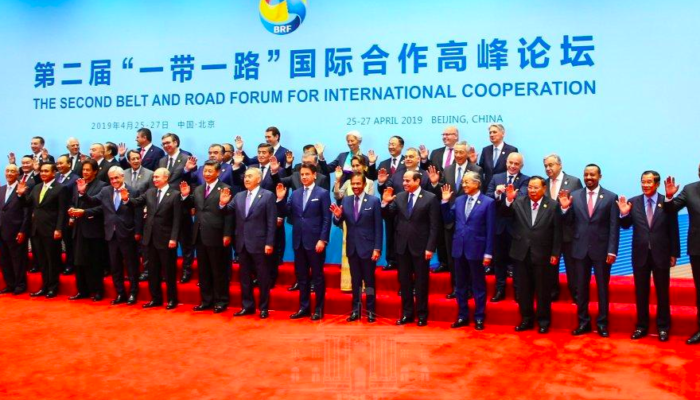The African Chamber of Commerce on the 24th of May 2019 has celebrated the second edition of the Annual Gala Dinner for the Africa Day. This year our theme was “Empowering the Youths” and our goal was to bring honor and recognition to organizations, companies and individuals that left a social and environmental impact in Africa and that have contributed in the recent years to the development of African societies.
In this edition of the Gala Dinner, AFCHAM provided space to African artists that had the chance to present their artwork and handcrafts through an authentic and aesthetic African Art Bazar.

The AFCHAM Gala Dinner was host in the prestigious Fairmont Peace Hotel and it has seen the participation of Government officials of The People’s Republic of China, diplomats from embassies and consuls, distinguished personalities, leaders and senior company executives, fellow representatives from local and foreign Chambers of Commerce, valued AFCHAM members, partners and sponsors and media representatives.
The opening of the Gala Dinner started with the authentic African dance performance of the group Kubtana who brought their energetic vibes to the stage, dancing and chanting with their drums.

Afterwards our honorable Afcham Chairperson D. Nkwetato Tamonkia delivered an official opening speech welcoming our distinguished guests to the gala and reminding the importance of the celebration of the Africa Day with remarks from the history with the foundation of The Organization for African unity (OAU) on May 25th 1963. In his opening speech, our chairperson has furtherly highlighted the growing friendship and collaboration between China and Africa in all sectors and the value of youth empowerment for the development of African societies.

Gratitude and appreciations were addressed from the AFCHAM chairperson to all the honorable guests that joined the Gala Dinner with special thanks to African Parks, The Bendo Community, The Alibaba Group and Tecno for their tremendous support to AFCHAM and African communities. The opening speech ended with a symbolic toast by the chairperson wishing all the guests presents a happy evening and an exciting experience of Africa.

The opening speech of our chairperson, was followed by the outstanding presentation of African Parks delivered by Mrs. Vega Hall-Martin Embree highlighting their valuable work for the rehabilitation and long-term management of protected areas in Africa saving the wildlife and protecting natural parks.

During the Gastronomic Dinner that was served at 7,30 pm (UTC+08:00) with the aromatic and fruity South African wines the Villiera and the Creation, an Awards Recognition Ceremony took place. Afcham CSR manager Ms. Khaoula Houssini awarded African Park represented by Mrs. Vega Hall-Martin Embree with Winner of Wildlife Protection Award.

The Award for Special Individual was given by our Afcham Business Development Manager Mr. Sam Onanda to Ms. Huiling Zhao, a Chinese vlogger that promote the exchange between China and Africa through her vlogs, showcasing African people and nature.

Then Afcham Business Director Mr. Jilles Djon was called to the stage to award Mr. Higher Zhao, Global Vice President of Tecno as Winner of Social Development Award.

Last but not least, our chairperson D. Nkwetato Tamonkia awarded Alibaba Global Initiatives represented by the Vice President Mr. Brian Wong for the Youth Empowerment Award Winner.

The Awards Recognition Ceremony was followed by the vibrant dance performance of the group African Vibration that brought to the stage their local dances and chants entertaining the guests with their enthusiastic voices and beats.

During the rest of the Gastronomic Dinner and till the end of the Gala, Tarwa N’Ayur Afro with Sarah and Ismail performed on the stage bringing an enchanting Desert Fusion with an authentic touch of Morocco to the guests.

Last, this memorable Gala Dinner was concluded with greetings and a networking session between the guests.










